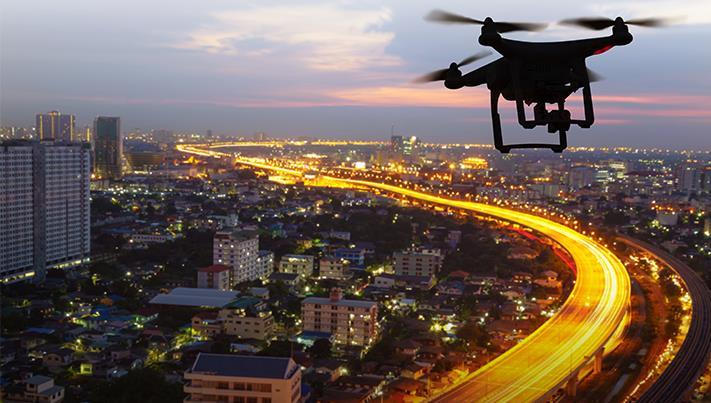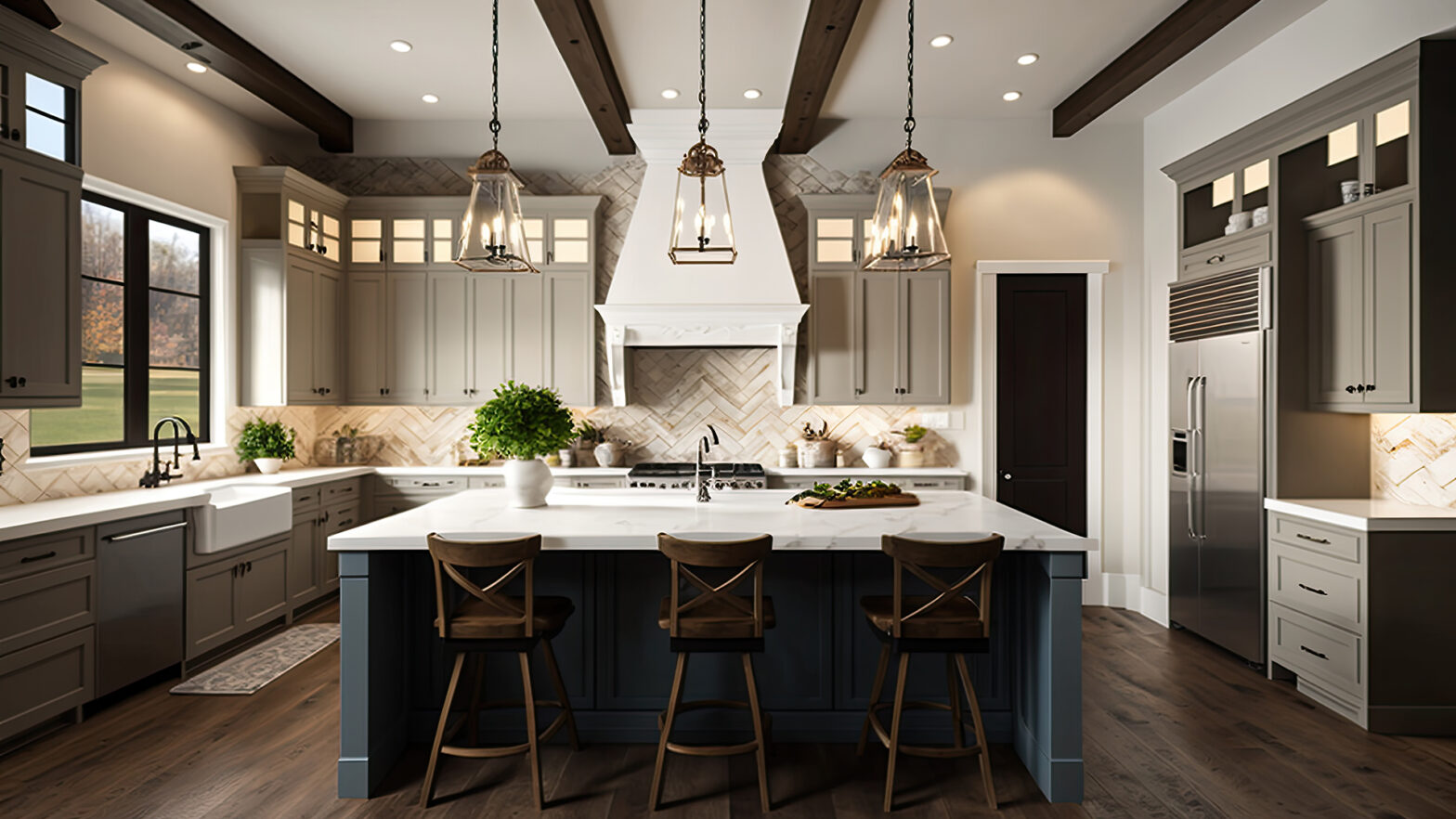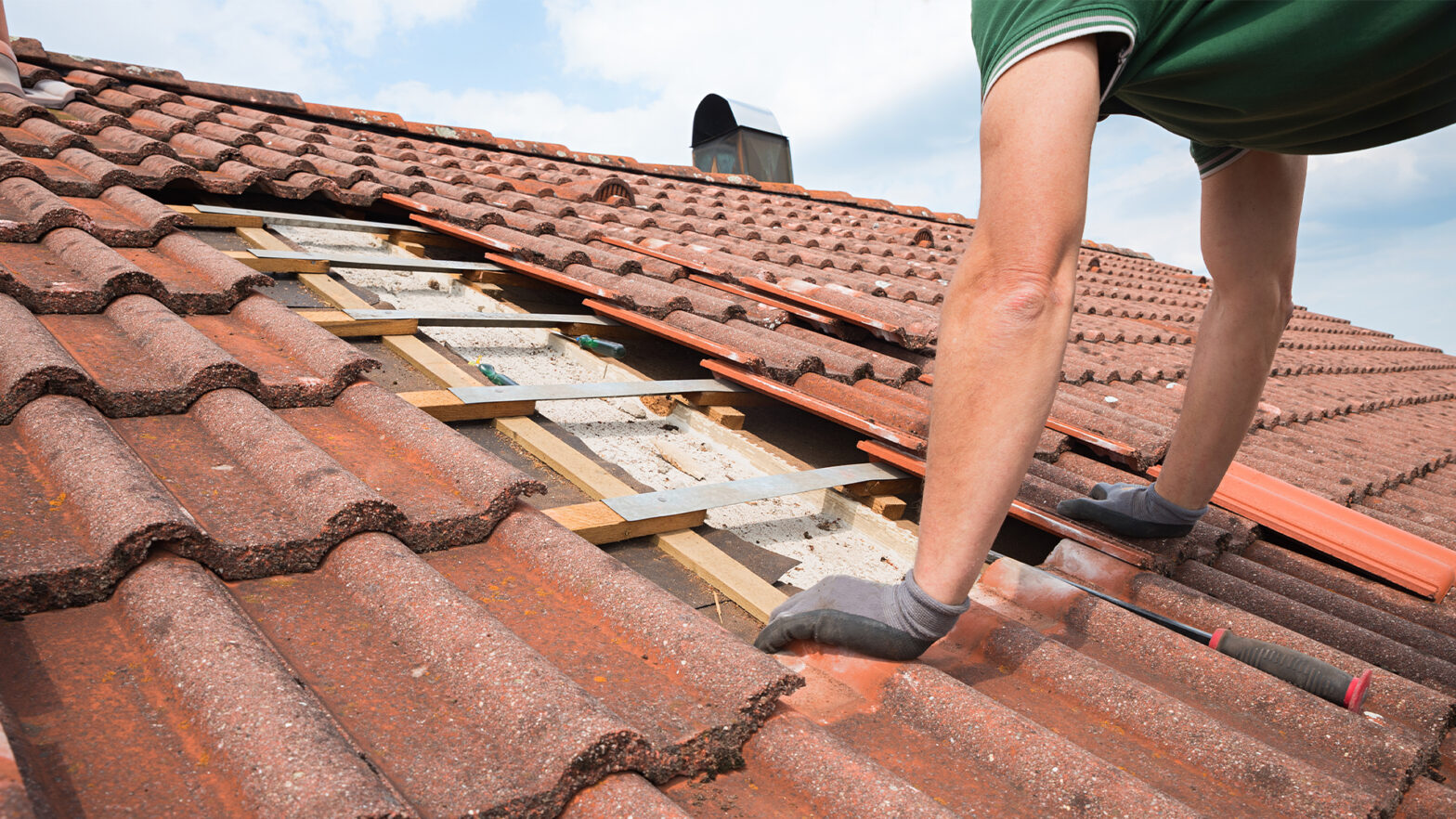
The property and construction industries have seen a huge influx in the use of drones, due to the flexibility they bring to businesses. These small yet sophisticated devices could soon become as common on-site as trucks and diggers.
What are the uses of drones in the construction and property industries?
The growth in drone usage in professional settings is evidence that business leaders no longer view them as novelty items, rather, tools that can be used to expand their business. Construction sites around the world rely on inspections and surveys to understand the status of the build and to ensure that safety standards are being followed. With cutting-edge drone technology, operators can now perform inspections in a cost-effective and efficient way, whilst also keeping staff safer.
There are many commercial uses for drones within construction and property, such as; providing an edge over competitors, saving time on site surveys, providing security, gathering real-time data on a project, transporting goods, and safely allowing inspection hard-to-reach areas. Getting an aerial view of a building or facilitating development and reducing costs.
While drones can be potentially very useful in various sectors some factors still make people cautious of using them in their businesses. One immediate challenge is the constant changing regulatory environment of drone usage. Currently Project Managers and those using drones will have to ensure that they are complying with CAA rules including having a licence in place from the CAA.
What are the laws you need to be aware of if you are using drones?
Whether you’re a commercial operator or a consumer hobbyist, you need to know the dos and don’ts of responsible drone use. What credentials are required, what training is available, and where can’t you fly?
Ultimately, if you get it wrong you could be prosecuted, fined and/or sued.
Both the UK and US markets have recently seen the regulations surrounding drone usage becoming more relaxed, making drone flights easier. However, there are still a number of restrictions, for example, there is a ban on drones flying too close to buildings or people, and requirements that the operators keep them in their line of sight.
If a business is using a drone commercially, they are responsible for the actions of the employees using them, especially if someone is hurt or property is damaged.
Anyone operating a drone must:
1. Keep their drone in their sight
2. Stay 150 ft away from people and buildings if their drone is equipped with a camera
3. Keep 500 ft away from crowds and/or built up areas if their drone is equipped with a camera
4. Avoid flying over or within a 150 ft radius of open areas with more than 1,000 people present
5. Adhere to their local council’s rules about drone flights in the area
6. Only fly their drones as and when it is safe to do so
7. Understand your GDPR requirements, especially if you are using a drone to monitor performance
8. Have a proper risk assessment/plan. It is also important to monitor employee compliance
9. Have suitable insurances in place
The new rules, which come into effect on the 30th November 2019, will require owners of drones weighing 250 grams or more to register them with the Civil Aviation Authority (CAA) and operators will be required to take an online safety test. This will prove that they understand UK safety, security and privacy regulations. This means the responsibility to safely use the devices lies with the operators, so in turn this could commercially dictate higher salaries for qualified personnel.
Drone operators who ignore the new height and airport boundary restrictions could be charged with recklessly or negligently acting in a way which could endanger an aircraft and any person on that aircraft. This could result in an unlimited fine, up to five years in prison, or both.
In addition to the new drone laws, the government also plans to expand the use of ‘geo-fencing’ in the UK, which is an invisible shield around buildings or sensitive areas like prisons and airports. This technology works on GPS coordinates, so can be built into a drone and stop it from entering these zones. It is thought drone operators will be told to use apps to plan their flights to ensure they are not entering unsafe or no-fly zones, which will also be visible to other drone users.
What do you need to do about it?
There is going to be an increased (and ever-growing) need for specialist training and skills. So, business owners must ensure their staff have the relevant training and qualifications to operate the equipment.
What should you do if you if you are planning on using drones in your business?
The new laws are evolving with the technology, so it is important to be prepared.
1. You need to have in place proper GDPR policies and undertake privacy impact assessments in respect of the use of drones. Depending on the level and volume of data you may need to appoint a DPO.
2. Those operating drones will need training and employers should be able to evidence this has been provided. You must also ensure your teams have the relevant skills and are being regularly monitored and tested.
3. Employer’s should have clear policies on who can operate drones, under what conditions and how employees should report GDPR breaches or other wrong doings.
4. Your construction agreements either as a main or subcontractor need to include your use of drones and liabilities in respect of the same. Any insurance policies must also cover the operation of drones.
5. On the other hand if you are a main contractor, you need to include drone usage and compliance to your due diligence enquires on subcontractors. Thus ensuring that they have proper insurances, licenses, GDPR polices, training and are compliant with all current and upcoming regulatory changes. You also need to ensure that they are responsible for any breaches caused by their drone use and have in place suitable indemnities to protect you.
The recent incident in Lincolnshire shows just how exciting and useful these devices are as not only did the thermal drone save a victim but assisted catching her attacker. Search and rescue, crime fighting, delivery… what next?
Karen Holden is the founder of the award-winning solicitors, A City Law Firm?































